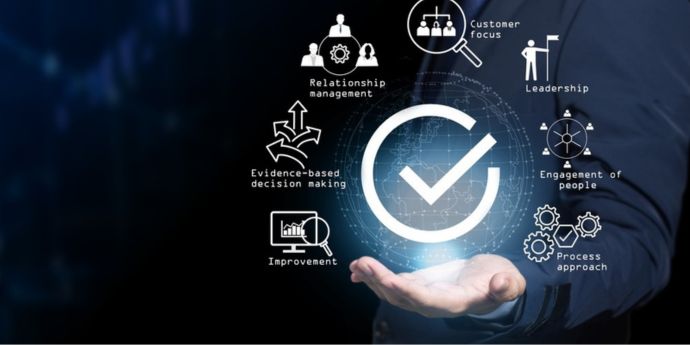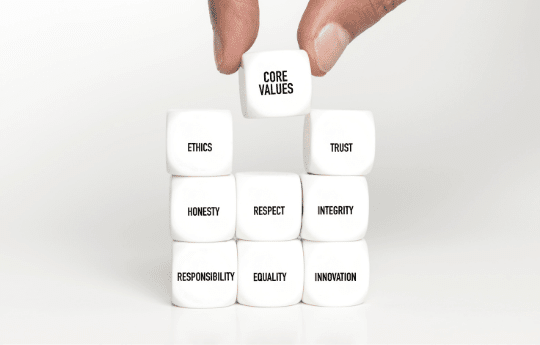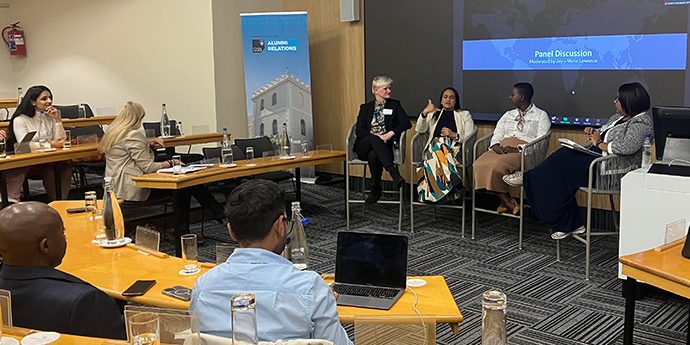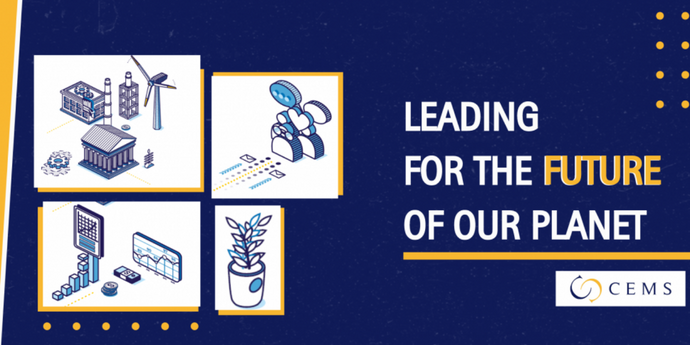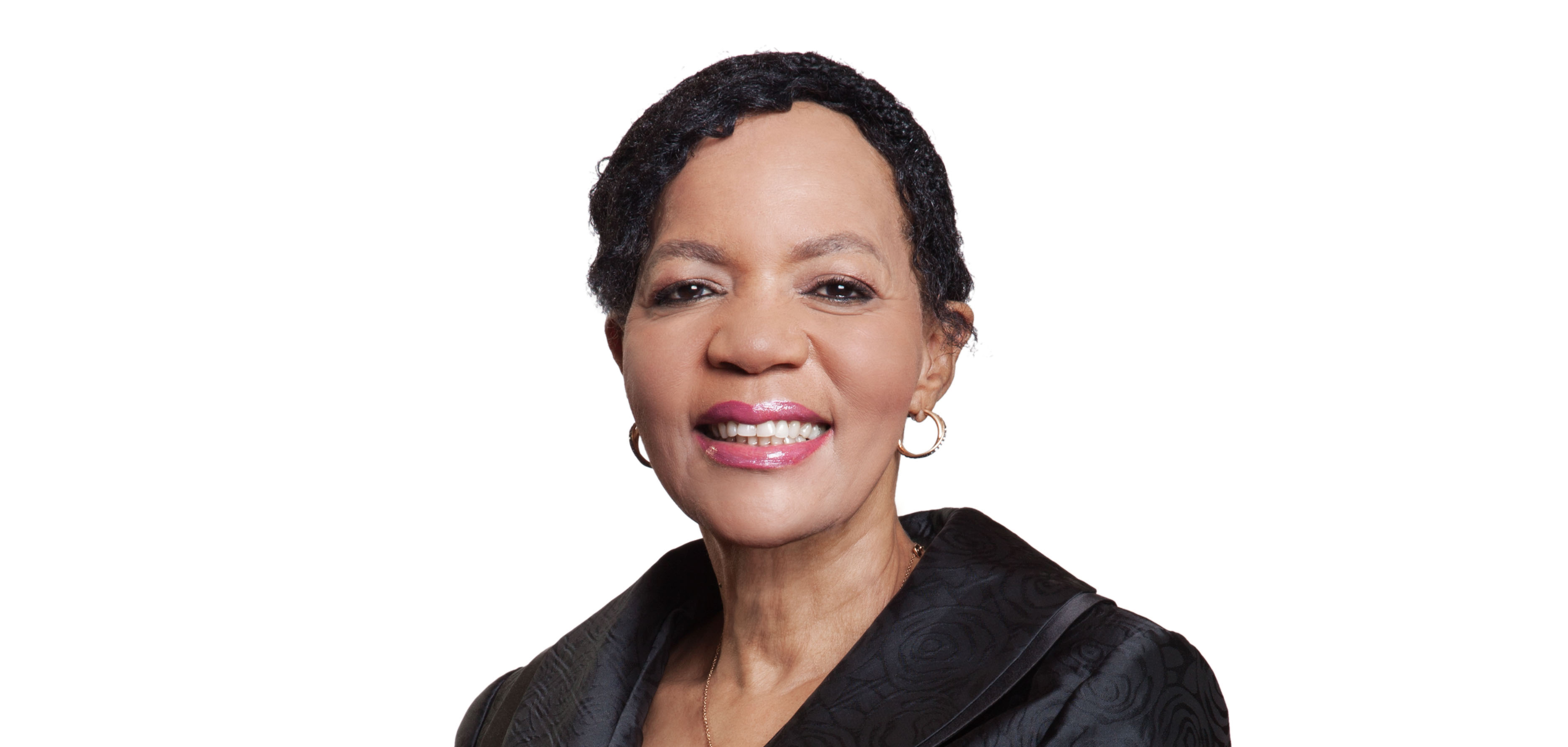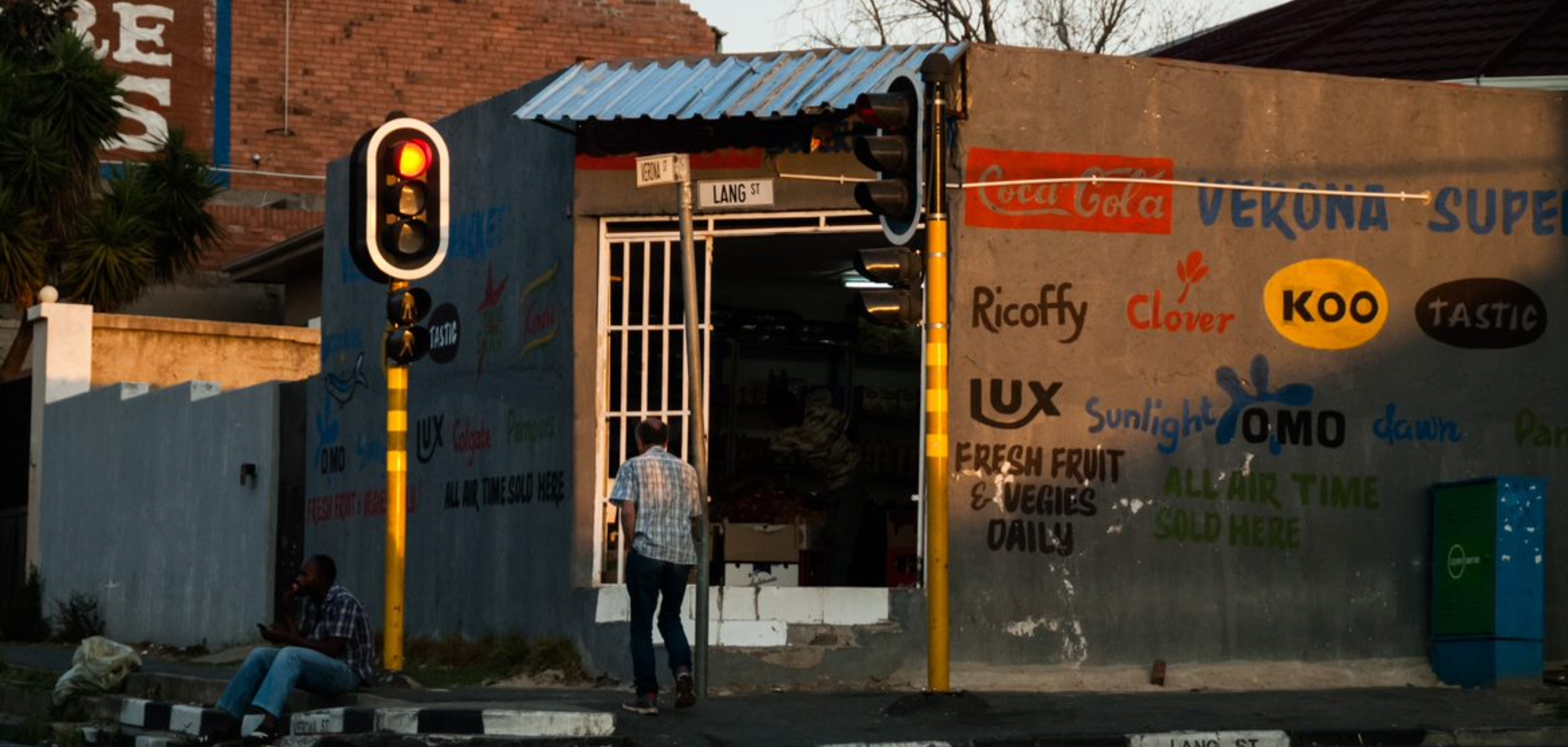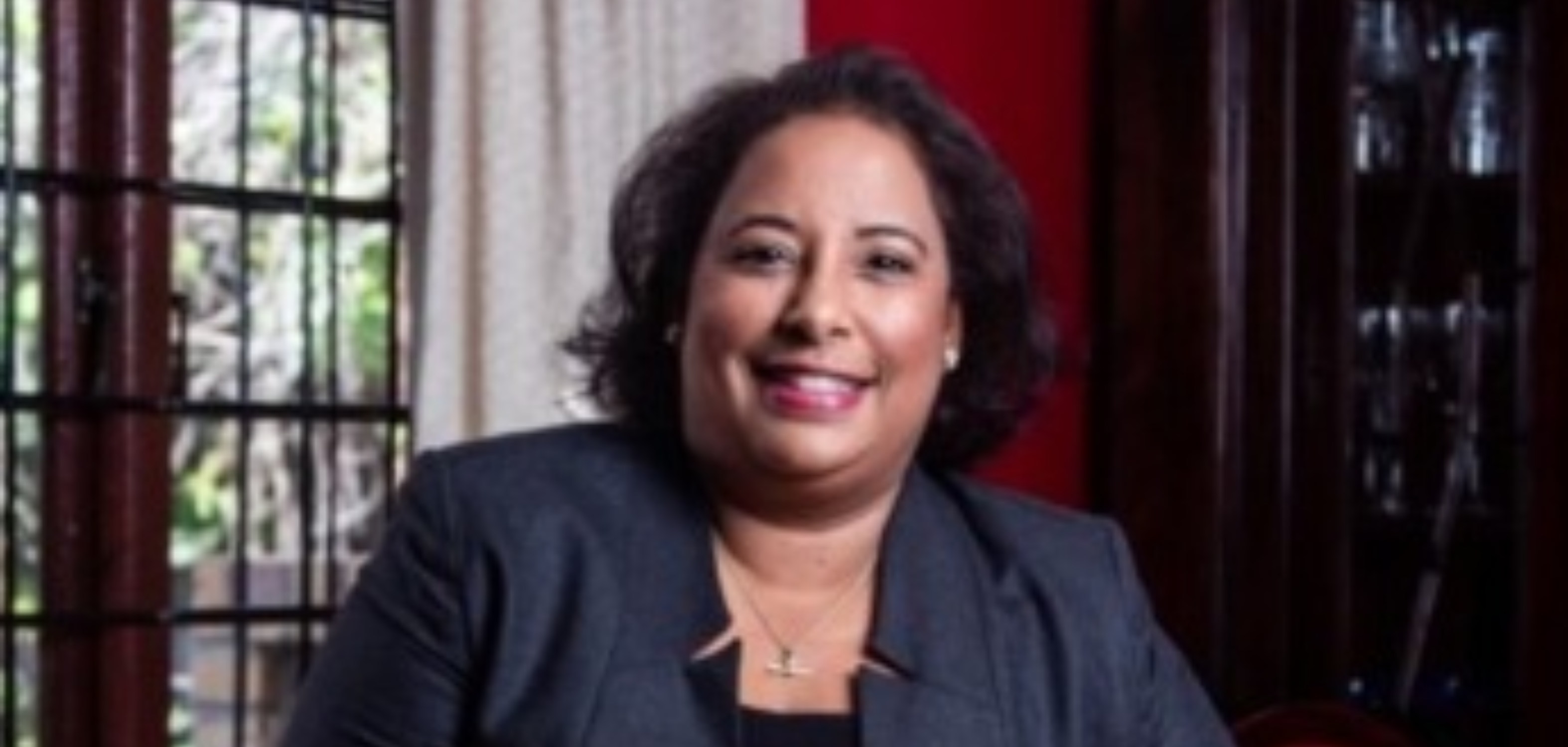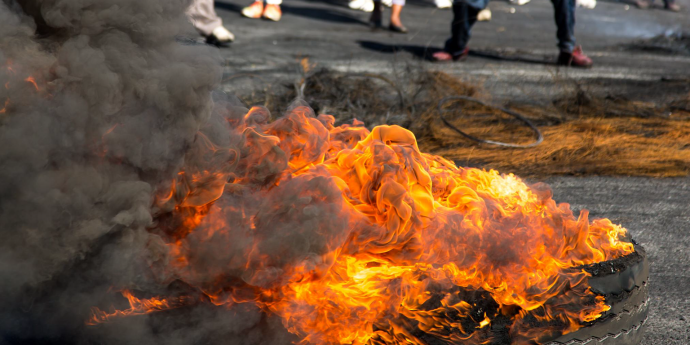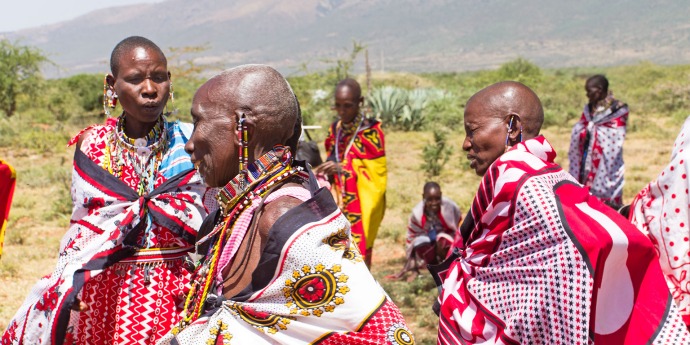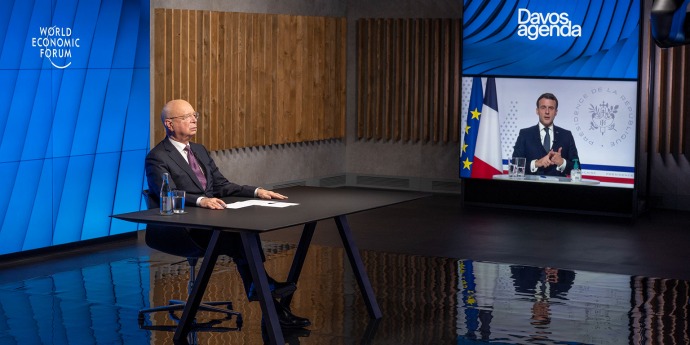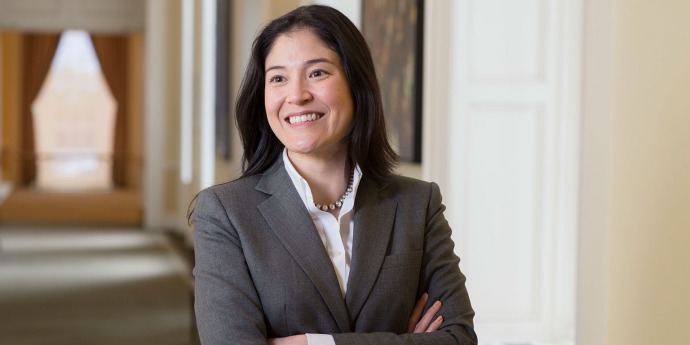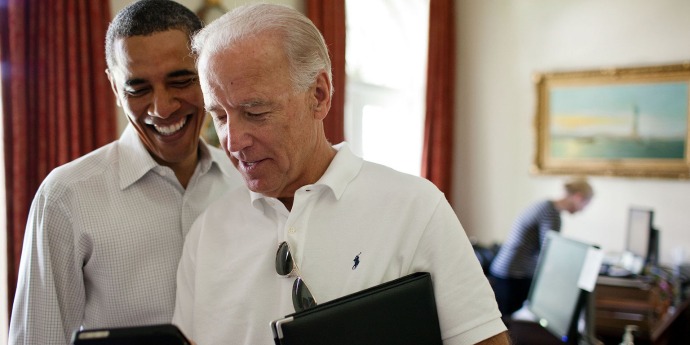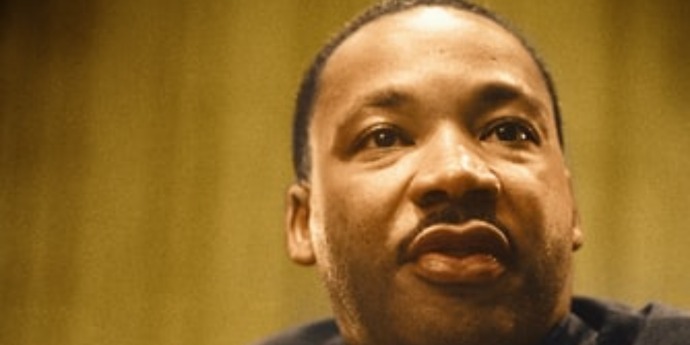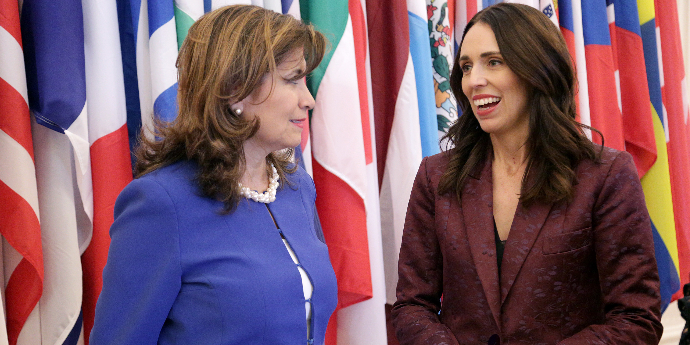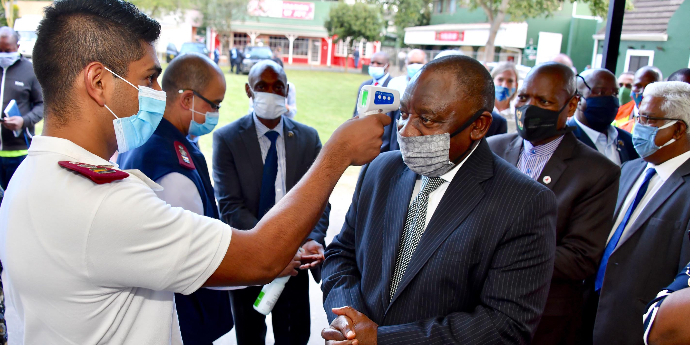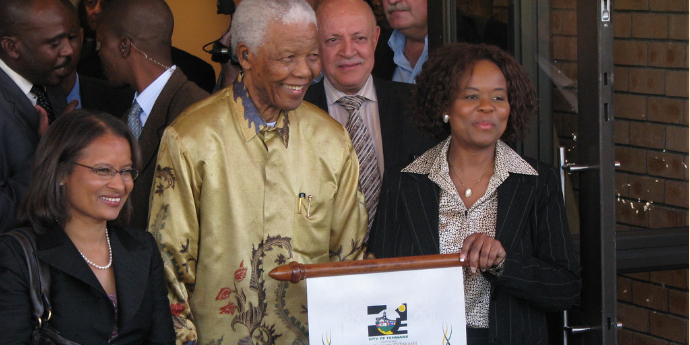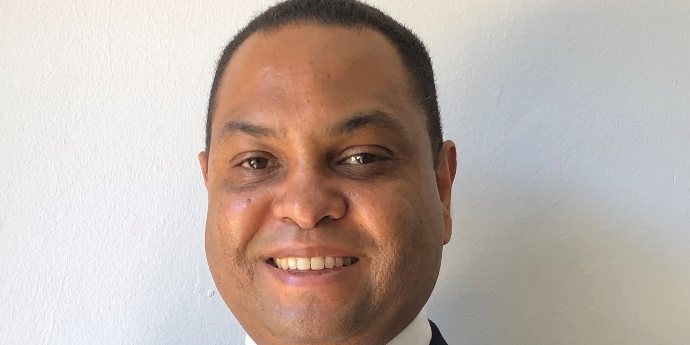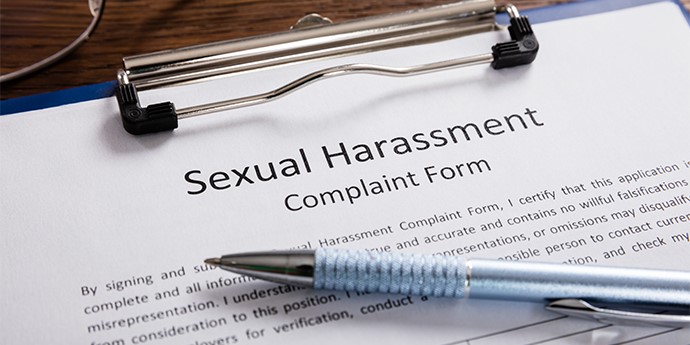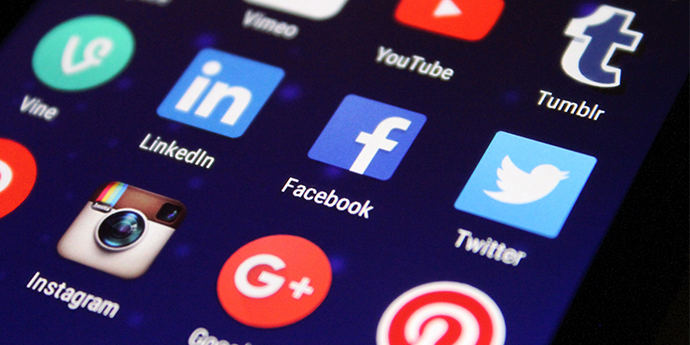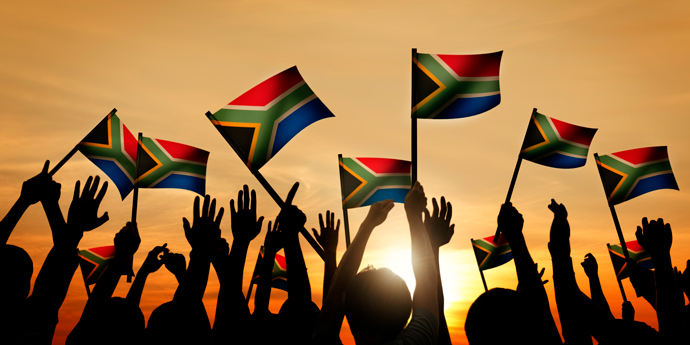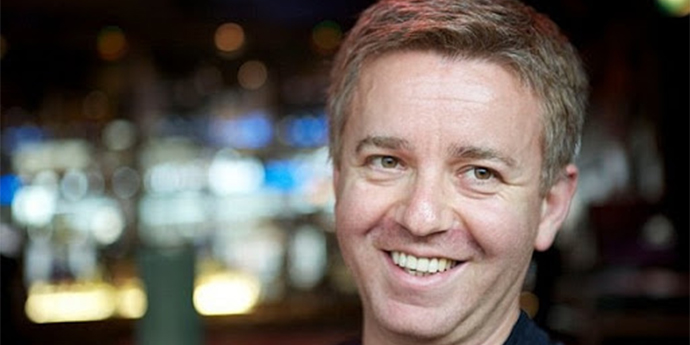The COVID-19 pandemic has tested leadership in ways that few crises have. How do we learn from it, adapt and evolve as leaders?
BY Fortune Gamanya
The last year-and-a-half has put leadership under scrutiny across all spheres of life and for many global leaders it has been a testing make-or-break period.
Jacinda Ardern was both emphatic and empathetic as she introduced strict lockdown measures in New Zealand, keeping her country’s mortalities to among the lowest in the world. Twitter CEO, Jack Dorsey, dropped jaws when he announced that company employees could work from home for as long as they liked. Donald Trump’s stubborn refusal to acknowledge the cost in human life of the disease, as well as his perceived lack of empathy, probably had a hand in him getting voted out of US office. And here at home, President Cyril Ramaphosa adopted the sometimes-disappointed fatherly figure as he admonished citizens during ‘family meetings’.
But while the pandemic has tested leaders’ resilience like few crises before it, the intriguing question now is, what kind of leadership will arise out of its wake? And if it has shaped or tweaked leadership, how long will these changes last?
A review of changes in leadership style after the financial crisis of 2008 suggests that leaders will, as memory of a crisis fades, fall back on old habits. This even though the 2008 global crisis ostensibly brought about dramatic changes in approaches to leadership. Out went hubris, and in came more hands-on and “directive” leadership.
But those changes were short-lived. “The effect of the crisis was temporary,” concluded the authors of a study on 20 000 managers in 1 980 organisations across 36 countries. “The level of directive leadership behaviour returned to normal, that is to say its pre-crisis level, again within one or two years of the crisis.”
And by the next crisis leaders will have learned little, returning to old and ineffective crisis-management tools: “… a change in directive leadership behaviour of managers aligns with the observed tendency to fall back on their well-known routines when confronted with a crisis, especially when that kind of behaviour is seen as ‘normal’ and therefore is embedded in the cultural context.”
Learning from our mistakes so we’re better adapted for the next crisis
As severe as the economic impact of the 2008 financial crisis was, says Statistics South Africa, it has been dwarfed by pandemic lockdowns. “For the first time since the Great Depression both advanced economies and emerging market and developing economies are in recession,” observed one International Monetary Fund commentator.
But just as financial pundits warned of the likelihood of the 2009 financial meltdown, so too have scientists long warned of the likelihood of a global pandemic. Why, then, were leaders — both in the public and private sectors — so ill-prepared for 2020? Few organisations had considered, for instance, the cybersecurity implications, as Deloitte and others have reported on, of entire workforces suddenly working from home, away from companies’ at-office firewalls and security measures.
Organisations and individuals are understandably eager to return to the normal they know but doing so without a deep analysis of what went wrong and what could be better is a missed opportunity that leaders may come to regret when the next crisis hits.
This is the moment for ‘adaptative leadership’, which encompasses change, experimentation and innovation. “Many of the most inspiring people start in a place of uncertainty, are filled with doubt, yet arrive triumphant at places in life they could not see when they set out,” writes leadership scholar and consultant Margaret Heffernan in her 2020 book, Uncharted. If the first part of adaptative leadership is managing the crisis, the second part is addressing the underlying causes and building the capacity to “thrive in a new reality”.
Post-COVID leadership
While the pandemic has not given rise to an entirely new kind of leadership, it has highlighted several leadership qualities that many have long championed, and which we must now build on:
Be vulnerable enough to own your state of “not knowing” and embrace learning over knowing. “…many executives and boards tend toward one of two types of response to uncertainty. The first is to recognize its existence, depth, and complexity but to become paralysed by it. The alternative is brashness in the face of uncertainty, as though to wish away complexity,” observe Deloitte in a report on uncertainty amid crisis. Yet, that report continues, “In uncertain times, executives aren’t spared the responsibility of critical decision-making.” The truth is that often leaders don’t have all the answers. They should accept this and become comfortable relying on the wisdom of the collective; on the knowledge and experiences of those around them.
Show willingness to be curious and open-minded. In her book The Scout Mindset, writer Julia Galef speaks of “motivated reasoning”, where people interpret information based on their unconscious motivations, desires and fears. Using as illustration, a story of a French Jewish officer in 1894 wrongfully found guilty of treason, she argues that this motivated reasoning allows people to stick to their preconceptions, even in the face of evidence to the contrary. As an alternative, she proposes that leaders should adopt a scout mindset, characterised by curiosity. “Scouts,” she says in a TEDx Talk, “have different values. They’re more likely to say they think it’s virtuous to test their own beliefs, and they’re less likely to say that someone who changes her mind seems weak.”
Embrace complexity and chaos. The EMBA journey challenged our need for structure, and yet the one consistent statement we heard was “TRUST THE PROCESS” — a stance that we were all called to take on when the pandemic and the largest unplanned remote working experiment hit. Uncertainty, of course, doesn’t sit well with us. But embracing uncertainty involves acknowledging that we live in an unpredictable world. It also demands a degree of self-awareness; understanding how you as a leader respond when your back is against the wall, and you don’t have all the answers. Leaders need to understand their own trigger responses and develop suitable adaptive reactions.
Practise authentic empathy. As we’ve seen over the pandemic, it is those leaders who have shown empathy who have stood out for the right reasons. Leaders have been asked to relate to their employees with greater understanding than ever before. Workers were not just threatened with a potentially fatal disease themselves, but were also losing friends and loved ones, living in terror of losing their livelihoods, and juggling work and domesticity in the same space. The mental wellbeing of both leaders and employees became a global concern and this is likely to remain one of the enduring impacts of this pandemic, both on leaders and in terms of what we expect from leadership.
The pandemic has cast a harsh spotlight not just on the deep schisms within societies, but also — for leaders — the unpredictability of doing business. If we are to better manage the next crisis, we must not just accept that there will be one, but we should hold dear the lessons we have learned in this one.
Fortune Gamanya is associate director at Deloitte, and a 2018 graduate from the UCT Graduate School of Business Executive MBA programme.


